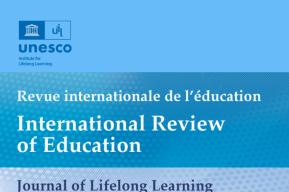News
Namibian Police adopts a Training Module on Freedom of Expression and Safety of Journalists

Reaffirming its commitment to enhancing freedom of expression and safety of journalists, the Namibian Police Force (NAMPOL) recently announced the approval of a new training module for police officers on these topics. This module, now integrated into the basic curriculum for officers of all ranks, aims to strengthen their capacities to promote freedom of expression and improve professional relations with the media.
In partnership with UNESCO, NAMPOL initiated a comprehensive module development programme in July 2023 on ‘Freedom of Expression in Relation to the Media and the Safety of Journalists’. Within this framework, a pilot training of trainer’s workshop gathered 44 police officers (including field training officers) from all 14 regions of Namibia, in September 2023. With the approval of the module, the trainers are now equipped to conduct similar workshops at a regional level.
Law enforcement officers play a crucial role in upholding the rule of law and maintaining public order, which includes protecting the fundamental right to freedom of expression. Further, they are responsible for ensuring the safety and security of all citizens, including journalists, who often find themselves in dangerous situations while carrying out their work. This training made available to all fourteen (14) regions of the country, ahead of the Presidential elections scheduled for November 2024, will enhance access to information, the safety of journalists, and freedom of expression.
Namibia counts as one of the first countries in the African region to adopt such a course, marking a crucial step towards enabling a free and safe environment for journalists and media workers.
This initiative in Namibia was supported by the Multi-Donor Programme on Freedom of Expression and Safety of Journalists.
Since 2013, UNESCO and its partners have trained over 12,000 security forces from 150 countries on freedom of expression, access to information and safety of journalists through online and on-ground training workshops, dialogues between security forces and journalists, and the publication of a number of toolkits and guidelines.









